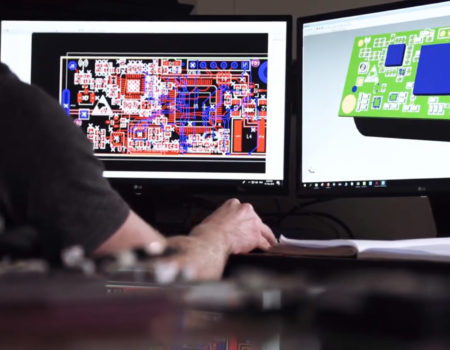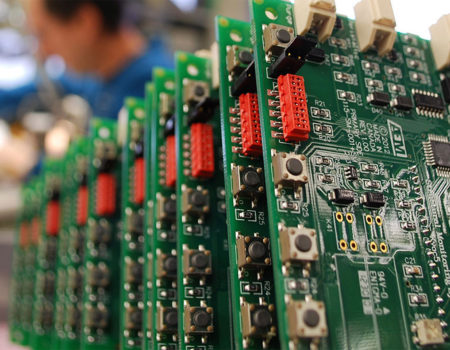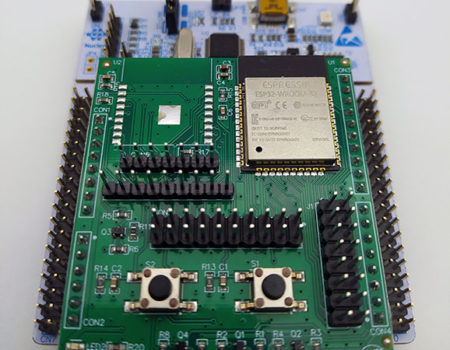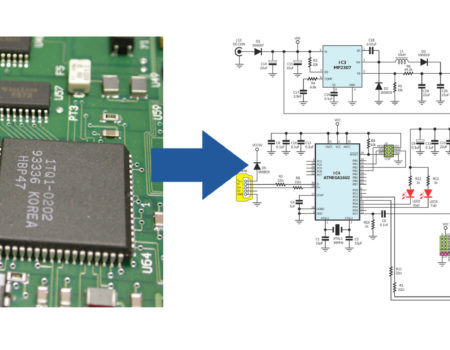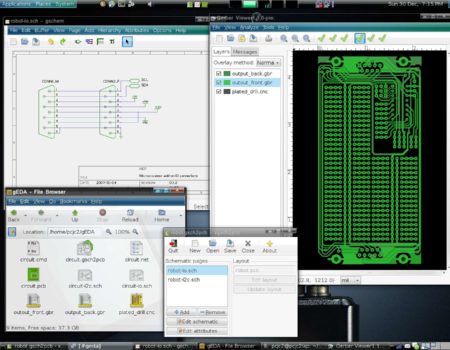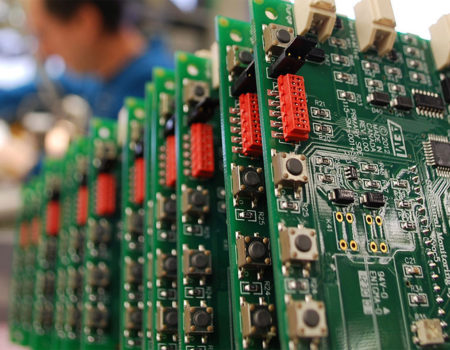30
Nov 2020
CE marking standard in electronics
Expert PCB is an electronic CAD design office offering electronic card production subcontracting. We guarantee you important attention regarding the use of materials and components for the design of your electronic products. So we can assure you that they meet CE marking standards.
CE marking, particularly in electronics, is the symbol of the manufacturer’s declaration indicating that the device or product offered complies with all European community regulations. The requirements imposed by these regulations are all contained in the various European directives (laws) and standards (testing and design). The directives, with the corresponding European standards, address all concerns regarding electromagnetic compatibility (EMC), safety, health and environmental protection.
“A single mark must be used to facilitate inspections by inspectors on the community market and to clarify the obligations of economic operators [manufacturers or suppliers] […]; the purpose of CE marking is to symbolize the conformity of a product […] and to indicate that the economic operator has carried out all all the assessment procedures required by Community law concerning his product ”(JOCE; 93 / 465 / EEC)
The main objectives of CE marking are:
- Indicate the product’s compliance with the essential requirements contained in the directives,
- To allow products to be placed on the market,
- To allow the withdrawal of non-conforming products by customs services and competent authorities.
- To ensure the free movement of goods.
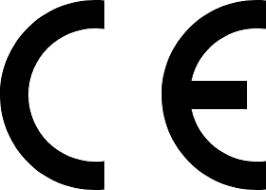
The conformity of most products must be assessed, either by the manufacturer himself or by an accredited body, and these must bear the CE mark before they are placed on the European market. The CE mark indicates that the product complies with the applicable directives and that the manufacturer has carried out the various necessary assessments. Neither the quantity of products or machinery imported, nor the nature of the transfer carried out constitutes a sufficient reason to exempt the manufacturer from conformity assessments and CE marking. The CE marking applies to all equipment put into service in the public or private domain, for professional or non-professional use, free or paid.
List of new approach directives for C marking
| Directive | Reference number1 | Effective date |
|---|---|---|
| Low tension (DBT) | 73/23/CEE | 1/1/1997 |
| Electromagnetic compatibility(CEM) | 89/336/CEE | 31/12/1995 |
| Machines | 89/392/CEE | 31/12/1994 |
| Single pressure vessel | 87/404/CEE | 1/7/1992 |
| Pressure equipment | 97/23/CE | 29/05/2002 |
| Devices in explosive atmosphere | 94/9/CE | 30/6/2003 |
| Active implantable medical devices (DMIA) | 90/385/CEE | 31/12/1994 |
| Medical devices | 93/42/CEE | 15/6/1998 |
| In vitro diagnostic medical devices(DIV) | COM(95)130 | 1/7/2002 |
| Telecommunications terminal equipment² | 98/13/CEE | 6/11/1992 ou 5/1/1995 |
| Non-automatic weighing instrument | 90/384/CEE | 1/1/1993 |
| Gas appliance | 90/396/CEE | 31/12/1995 |
| Household appliances (energy efficiency) | 96/57/CEE | 9/3/1999 |
| Toy safety | 88/378/CEE | 1/1/1990 |
| Pleasure boats (small boats) | 94/25/CEE | 16/6/1998 |
| Hot water boilers | 92/42/CEE | 1/1/1998 |
| Construction products | 89/106/CEE | 27/6/1991 |
| Individual protection equipment | 89/686/CEE 93/95/CEE | 1/7/1995 |
| Elevators | 95/16/CE | 1/7/1999 |
| Civilian explosives | 93/15/CEE | 1/1/2003 |
- After 1993, the directives end with the initials CE
- Directive 98/13 / EEC replaced Directives 91/263 / EEC and 93/97 / EEC
Specialized in the world of electronics and IoT, our electronic design office designs fully and high-quality connected objects in order to meet market requirements.
Our other posts
